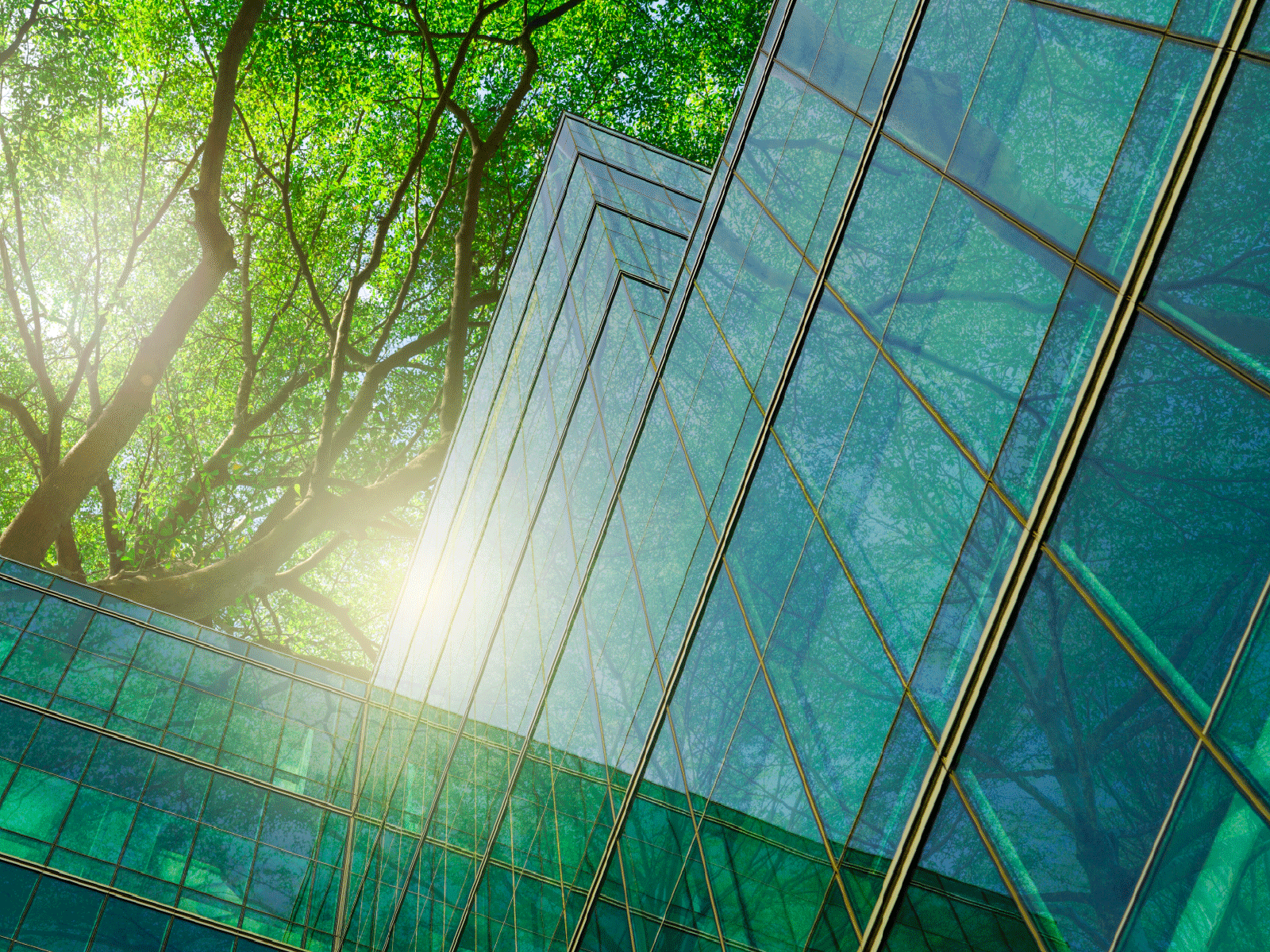Business development is increasingly aligned with sustainability. Industrial parks are becoming a vanguard in industrial planning. These spaces not only seek to boost productivity, but are also designed to minimize environmental impact and foster a harmonious relationship between business and nature.

Sustainable Industrial Parks: What are they?
Sustainable industrial parks are industrial spaces designed with a comprehensive focus on sustainability. They not only host companies and advanced technology but also seek to minimize their environmental footprint, promoting responsible and environmentally friendly practices.
Industrial parks play a key role in the economies’ progress because they:
- Provides essential supplies and services
- Generate employment opportunities
- Improve life quality in surrounding areas
With the growing trend of nearshoring, the demand for industrial spaces has experienced a significant increase, therefore the Mexican Association of Private Industrial Parks (AMPIP) has focused on the 2030 Agenda for Sustainable Development of the United Nations with the implementation of the Roadmap for the New Generation of Smart and Sustainable Industrial Parks, which aims to achieve:
- Promotion of circular economies to minimize waste production.
- Implementation of recycling initiatives.
- Reduction of carbon dioxide emission levels.
- Efficient use of water, energy and soil.
- Improve working conditions for workers.
- Strengthen relations between the community and industrial spaces.
The aim is for industrial parks to become technological and sustainable with a focus on:
- Reduce energy resource consumption
- Reduce water use
- Minimize operating costs
- Increase productivity levels
- Focus on workforce wellness
- Promote green practices
- Environmentally friendly building materials
- Reducing emissions
Integral design and sustainable planning
Sustainability has become an important pillar in construction. In order to comply with the sustainable approach, industrial parks must meet a series of requirements so that they can be evaluated and recognized as part of sustainable construction. The document New Generations of Industrial and Sustainable Parks, generated by the Mexican Association of Private Industrial Parks (AMPIP) shows such sustainability criteria to obtain the 20 sustainability certifications, which include:
- LEED (Leadership in Energy & Environmental Design): is an international certification system implemented since 1999 for sustainable industrial buildings developed by the U.S. Sustainable Building Council (USGBC). To obtain this certificate the industrial building is awarded points according to different sustainable criteria, where up to 110 points can be awarded to each construction project, the more points the building obtains, the higher its rating, with four levels of LEED certification.
- WELL Building Standard: This certification, originated in 2013, measures the impact of an industrial building’s environment on the health and well-being of occupants. This certification is focused on improving environmental quality through different approaches such as air, water, lighting, comfort, temperature, sound and well-being. It has three versions: WELL V1, WELL V2 and WELL CORE.
- EDGE (Excellence in Design for Greater Efficiencies): Excellence in Design for Greater Efficiencies (EDGE) certification, implemented by the International Finance Corporation (IFC), part of the World Bank Group, evaluates the construction of industrial buildings with a focus on the reduction of resources used and a minimum of 20% savings in energy and water.
Efficient spatial planning is essential for sustainable industrial parks. These spaces are strategically designed, optimizing the distribution of facilities to reduce the need for unnecessary commuting and encourage efficient land use. The integration of green areas in these industrial buildings not only improves the well-being of workers but also promotes local biodiversity.
Sustainable industrial parks represent a step towards a green future in industrial development. Their comprehensive design, geared toward efficiency and sustainability, demonstrates that it is possible to harmonize economic growth with environmental conservation. By incorporating advanced technologies and responsible practices, these parks are not only defining the next phase of industrialization, they are also leading the way to more sustainable and responsible business development. Contact us for more information about our industrial parks and industrial buildings.